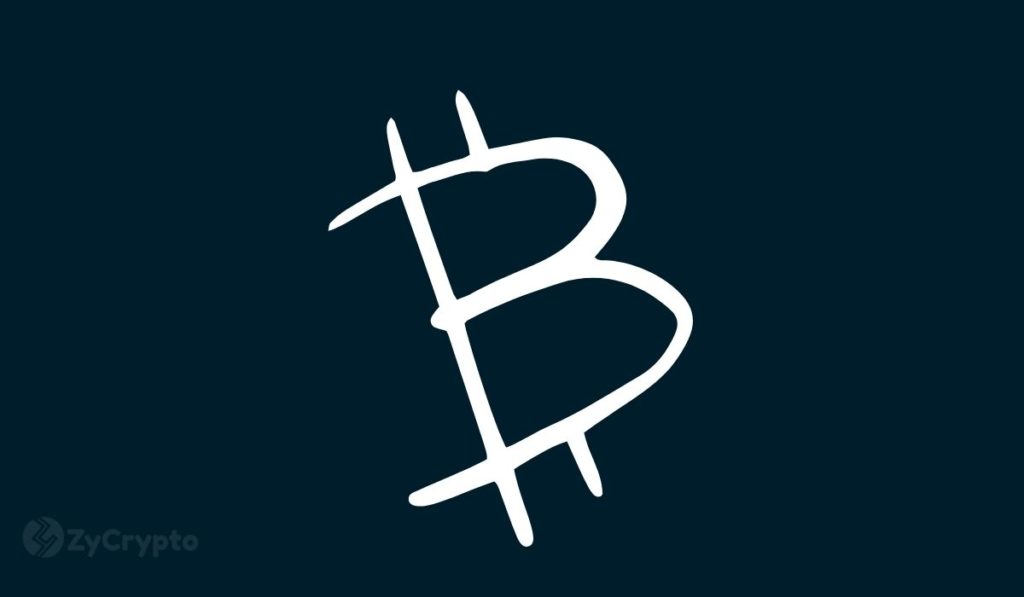2022-6-12 18:00 |
A recent financial inclusion conference in El Salvador gave the country an opportunity to share their bitcoin journey with other global financial policymakers.
Kudzai Kutukwa is a passionate financial inclusion advocate and was recognized by Fast Company magazine as one of South Africa’s top 20 young entrepreneurs under 30.
In July 1944, in Bretton Woods, New Hampshire, over 730 delegates from 44 countries gathered at the Mount Washington Hotel in what became known as the Bretton Woods Conference. The main agenda was to create a new international monetary order that would be implemented at the end of World War II, especially since the classic gold standard had been abandoned after World War I. This new international system would finance postwar reconstruction and improve upon the flaws of the gold standard by drawing on the lessons learned from the Great Depression. According to Federal Reserve History:
"It was an unprecedented cooperative effort for nations that had been setting up barriers between their economies for more than a decade.
“They sought to create a system that would not only avoid the rigidity of previous international monetary systems, but would also address the lack of cooperation among the countries on those systems. In the interwar period, governments not only undertook competitive devaluations but also set up restrictive trade policies that worsened the Great Depression."
In summary, this conference sought to incentivize economic cooperation among nations through a new monetary system that would also discourage adversarial economic policies of the Great Depression era. During that time, a financial system was created where all other global currencies were to be backed by U.S. dollars, with the dollar itself being backed by gold. The price of gold was fixed at $35 an ounce and central banks were also able to redeem dollars for gold. This became known as the Bretton Woods system. This system held until August 15, 1971, when President Richard Nixon ended dollar convertibility to gold because the U.S. could no longer honor its commitment to do so. In reality, this was a sovereign default by the U.S. government.
Fast forward a couple decades later, central bankers and financial regulators from 44 emerging market countries gathered in El Salvador for the Alliance for Financial Inclusion (AFI) summit. Contrary to popular opinion on social media, this was not a Bitcoin event but it generally focused on financial inclusion, in line with AFI's vision of “Making financial services more accessible to the world’s unbanked.” It's interesting to note, however, that financial exclusion is a natural consequence of the current monetary system due in part to the inherent cost structures that financial institutions have to bear to profitably "bank" customers, as well as the costs imposed by a credit-based payment system which doesn't have instant final settlement of payments. These are disadvantages that the Bitcoin network does not have, even from a financial inclusion perspective. For example as of 2017 only 29% of Salvadorans had a bank account, but the Chivo Bitcoin wallet now boasts of 2.6 million users (approximately 40% of the population) since bitcoin became legal tender last year. Bitcoin is definitely the most financially inclusive network in the world.
According to a tweet by the president of El Salvador, Nayib Bukele, multiple issues were discussed during the conference that included banking the unbanked, the digital economy and the benefits of El Salvador's bitcoin adoption. It's also worth noting that this conference was held at a time when the global economy is shaky and characterized by rising inflation levels, rising commodity prices, geopolitical tensions as a result of the war in Ukraine, a looming recession and a weakening dollar. While the aforementioned conditions are different from the state of affairs in 1944 when Bretton Woods kicked in, interestingly, the above factors combined have provided a perfect storm for a new monetary order. For example, after the seizure of Afghanistan and Russia's foreign reserves by the U.S., it became evidently clear to most nation-states that U.S. Treasurys were no longer the "risk-free" assets that they used to be, and that diversification away from "freezable assets" is a matter of national security. Nic Carter summarized this perfectly in an op-ed piece, writing the following, "While seizing Afghan or Russian reserves may feel righteous and just, the immediate effect of such action is to completely undermine the credibility of dollar debt as an international savings device." As dollar hegemony hangs in the balance, the birth of a new monetary system is imminent.
A view also shared by Credit Suisse analyst, Zoltan Pozsar, who, after the seizure of Russian FX reserves, predicted that the world would likely return to a commodity-backed monetary system, which he dubbed “Bretton Woods III.” In a report by the same name, he made the following remarks,
“We are witnessing the birth of Bretton Woods III — a new world (monetary) order centered around commodity-based currencies in the East that will likely weaken the eurodollar system and also contribute to inflationary forces in the West … When this crisis (and war) is over, the U.S. dollar should be much weaker and, on the flipside, the renminbi much stronger, backed by a basket of commodities. After this war is over, ‘money’ will never be the same again…and Bitcoin (if it still exists then) will probably benefit from all this.”
It is very likely that as sovereigns seek diversification away from U.S. Treasurys, the scenario of a commodity-based monetary system, i.e., gold standard 2.0, will likely be a temporary stopgap measure on the path to bitcoin adoption as the new global reserve currency. Gold-based monetary systems have failed in the past and they are prone to centralization — especially given the fact that the largest gold reserves on earth are held by just three countries: the U.S., China and Russia. Current events and tensions point to such a system being anything but stable or cooperative.
Fidelity Digital Assets shared the following perspective concerning Bitcoin nation-state adoption in a recent report,
"History has shown capital flows to where it is treated best and embracing innovation leads to more wealth and prosperity. We also think there is very high stakes game theory at play here, whereby if bitcoin adoption increases, the countries that secure some bitcoin today will be better off competitively than their peers. Therefore, even if other countries do not believe in the investment thesis or adoption of bitcoin, they will be forced to acquire some as a form of insurance. In other words, a small cost can be paid today as a hedge compared to a potentially much larger cost years in the future. We therefore wouldn't be surprised to see other sovereign nation states acquire bitcoin in 2022 and perhaps even see a central bank make an acquisition."
El Salvador has already led the way in this direction by being the first nation-state to adopt Bitcoin as legal tender, a move which represents a paradigm shift away from the current fiat monetary system as well as the commodity-based monetary system as predicted by Pozsar. A move that was subsequently copied by Prospera, Honduras; Madeira, Portugal; Lugano, Switzerland; and the Central African Republic, as predicted by Fidelity. Despite Zoltan's skepticism regarding Bitcoin, "Bretton Woods III" will probably be a bitcoin monetary system since it's probably the only asset currently in existence that is fully decentralized and is a neutral international settlement medium that incentivizes cooperation above war.
While the conference in El Salvador was primarily focused on financial inclusion, it gave the government of El Salvador a unique opportunity to share their bitcoin adoption journey with other financial policymakers. A Bitcoin-focused panel was also part of the lineup and was presented by the two entrepreneurs behind Bitcoin Beach, Roman Martinez and Nicolas Burtey. During the presentation, they spoke at length about the history of Bitcoin Beach, the payment systems that were built, as well as Bitcoin and the Lightning Network. Furthermore, the attendees went on a tour of Bitcoin Beach where they were able to see what financial inclusion under a Bitcoin standard looks like up close. During the tour, they had the opportunity to purchase coffee and coconut with bitcoin via the Lighting Network, and to exchange bitcoin for dollars using a Bitcoin ATM. According to Galoy (the developers of the Bitcoin Beach wallet) the central bankers in attendance got to experience how bitcoin benefits people that are financially excluded from the current financial system.
Financial inclusion is the trojan horse that will eventually lead to gradual bitcoin adoption by emerging market countries, and during this conference, El Salvador used this opportunity to plant the seeds for more nation-state adoption of Bitcoin. In light of the Bitcoin Beach tour by the central bankers, JAN3 CEO Samson Mow had this to say, "What took place in El Salvador is the spreading of hope and freedom through Bitcoin adoption. We now have nation-states working on orange pilling other nation-states, which is quite amazing if you think about it. Everything is accelerating and it’s bullish for Bitcoin."
As the cracks begin to appear in the current monetary system, it's only a matter of time before we begin to see more nation-state adoption. History will look upon this year's edition of the AFI summit as "the shot heard round the world" for ushering in a bitcoin-based monetary system.
This is a guest post by Kudzai Kutukwa. Opinions expressed are entirely their own and do not necessarily reflect those of BTC Inc. or Bitcoin Magazine.
origin »Bitcoin price in Telegram @btc_price_every_hour
Bitcoin (BTC) íà Currencies.ru
|
|



















